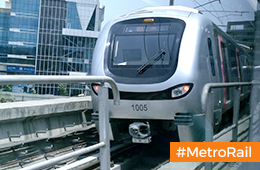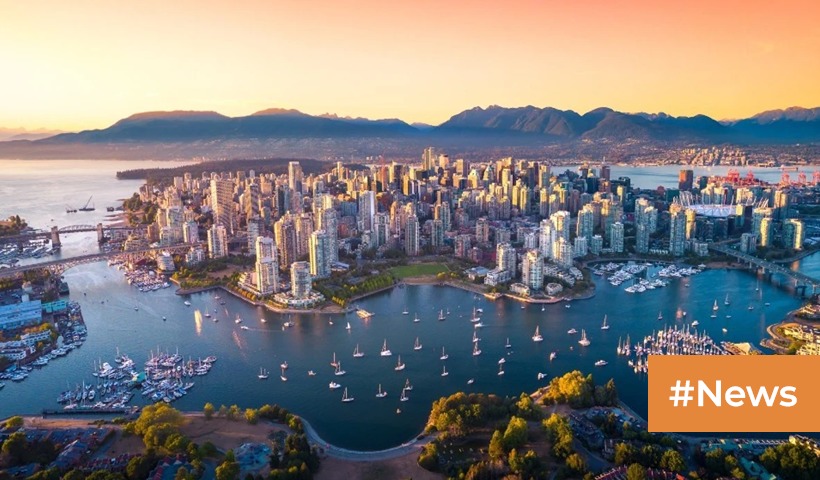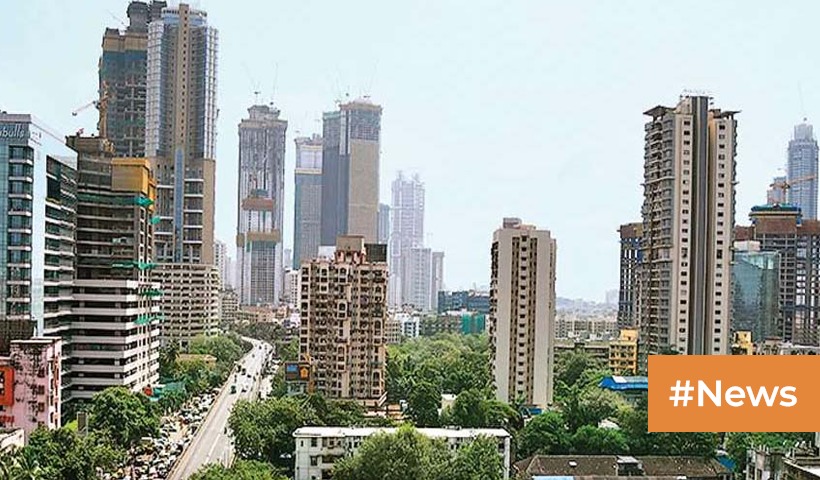Ownership Dispute Impedes Dharavi Redevelopment
The ambitious Dharavi Redevelopment Project (DRP) has hit a roadblock due to a contentious issue surrounding the ownership and subleasing of 47.5 acres of railway land. The Railway Land Development Authority (RLDA), in partnership with the Dharavi Redevelopment Project/Slum Redevelopment Authority (DRP/SRA), faces a stalemate, with the RLDA refusing to allow subleasing of the crucial land. This standstill threatens to delay the project, pivotal for the transformation of Asia’s largest slum, Dharavi, located in the heart of Mumbai.
Diverging Perspectives
The Dharavi Redevelopment Project Private Limited (DRPPL), advocating for the state’s right, argues that the DRP/SRA, as a state entity, should be permitted to sublease the land to expedite the redevelopment process. The DRPPL contends that the land’s utility, under current constraints, could be maximized for social amenities, contrasting with its potential for residential development, which is restricted.
Delay and MoU Complications
DRPPL highlights the urgency by pointing out that any delay contradicts the terms of the memorandum of understanding (MoU), risking the project’s timeline and the goal of rehabilitating Dharavi’s residents within seven years.
RLDA’s Position and Requirements
On the other side, the RLDA insists on the prior completion of certain preconditions, like the redevelopment of existing structures and the relocation of the Mahim scrapyard, before proceeding with the DRP.
Case Study Comparisons
This situation mirrors past urban redevelopment impasses, such as the legal and logistical challenges faced in the renewal of Boston’s Big Dig project, where coordination between multiple authorities and adherence to legal frameworks was paramount to progress.
The Path to Resolution
Navigating this dispute requires a balanced approach, emphasizing negotiation and compromise. The parties involved must seek a resolution that respects the legal framework while advancing the redevelopment objectives. For example, a phased approach to land transfer, akin to the strategy employed in the redevelopment of the London Docklands, could be a pragmatic solution.
Impact of Protracted Delays
The repercussions of a prolonged dispute extend beyond project timelines, affecting the socio-economic fabric of Dharavi’s community. The delay hampers the anticipation of improved living standards and economic opportunities for its residents, underscoring the need for a swift resolution.
Strategic Solutions
A potential resolution could involve creating a detailed blueprint for land use that aligns with both RLDA’s stipulations and DRP/SRA’s redevelopment goals. This could entail designating specific zones for industrial sheds and community amenities within the disputed land, ensuring a balanced development model.
The deadlock over the railway land in Dharavi’s redevelopment project exemplifies the complexities of urban regeneration initiatives. The dispute necessitates a collaborative approach, where regulatory compliance and redevelopment aspirations converge. By prioritizing dialogue and innovative problem-solving, stakeholders can unlock the potential of Dharavi, transforming it into a model of urban rejuvenation. The resolution of this land dispute is not just about legal issues but about fulfilling the promise of a better tomorrow for the thousands residing in Dharavi.
Disclaimer: The views expressed above are for informational purposes only based on industry reports and related news stories. PropertyPistol does not guarantee the accuracy, completeness, or reliability of the information and shall not be held responsible for any action taken based on the published information.




